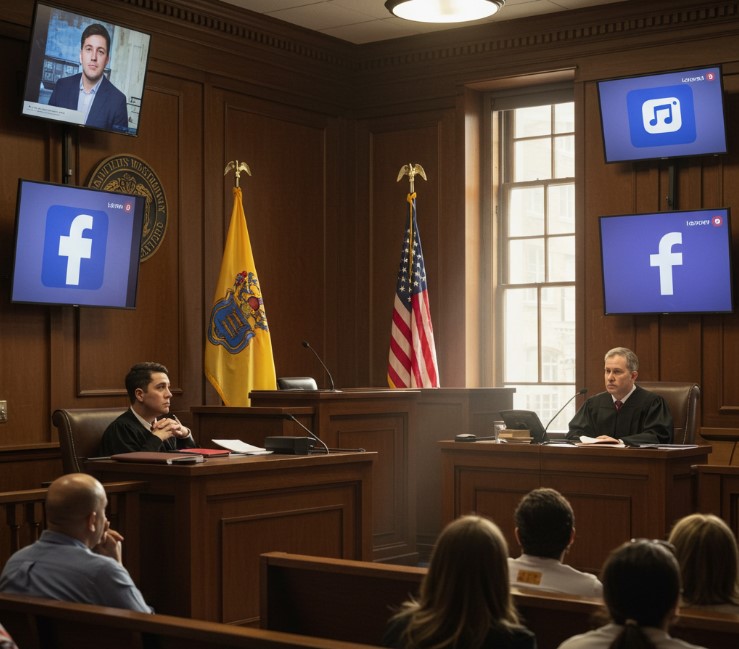Judge Wigenton of the United States District Court for the District of New Jersey granted a motion to quash a subpoena in the Bridgegate criminal case that sought the drafts and metadata of interview memoranda taken by Governor Christie’s attorneys, Gibson, Dunn & Crutcher LLP (“Gibson Dunn”). Even though she granted the motion, the Judge questioned Gibson Dunn’s procedures for conducting the investigation. Any attorney conducting an internal investigation – particularly on behalf of a public entity – should carefully consider Judge Wigenton’s concerns.
The defendants in the Bridgegate criminal case served a subpoena to obtain notes taken by Gibson Dunn when the firm interviewed over 70 witnesses and drafts and any metadata associated with the memos of those interviews. The defendants were hoping to determine the extent to which any of the witness interview memos provided to the prosecutors had been edited by attorneys. Gibson Dunn moved to quash the subpoena on the grounds that no responsive documents exist. It explained that while it conducted the interviews, a single attorney contemporaneously drafted the memo summarizing the interview. It retained no notes or drafts. This approach was different from the approach Gibson Dunn generally takes when it conducts internal investigations – it usually retains copies of the original notes.
Judge Wigenton scolded Gibson Dunn for this “clever tactic” of purposely creating no paper trail. It did not destroy documents, because there were no documents to destroy. She stated: “This was a clever tactic, but when public investigations are involved, straightforward lawyering is superior to calculated strategy. The taxpayers of the State of New Jersey paid [Gibson Dunn] millions of dollars to conduct a transparent and thorough investigation. What they got instead was opacity and gamesmanship. They deserve better.” Judge Wigenton specifically did not address whether Gibson Dunn made any ethical violations.
While Judge Wigenton’s opinion carries particular weight for any attorney conducting an investigation on behalf of the public, it should be considered by all attorneys that conduct investigations on behalf of companies. There may be appropriate circumstances for limiting the creation of documents and drafts. Attorneys should not only think about the legal propriety of leaving no paper trail, but they should also think about how that approach might play in front of judge and jury.













